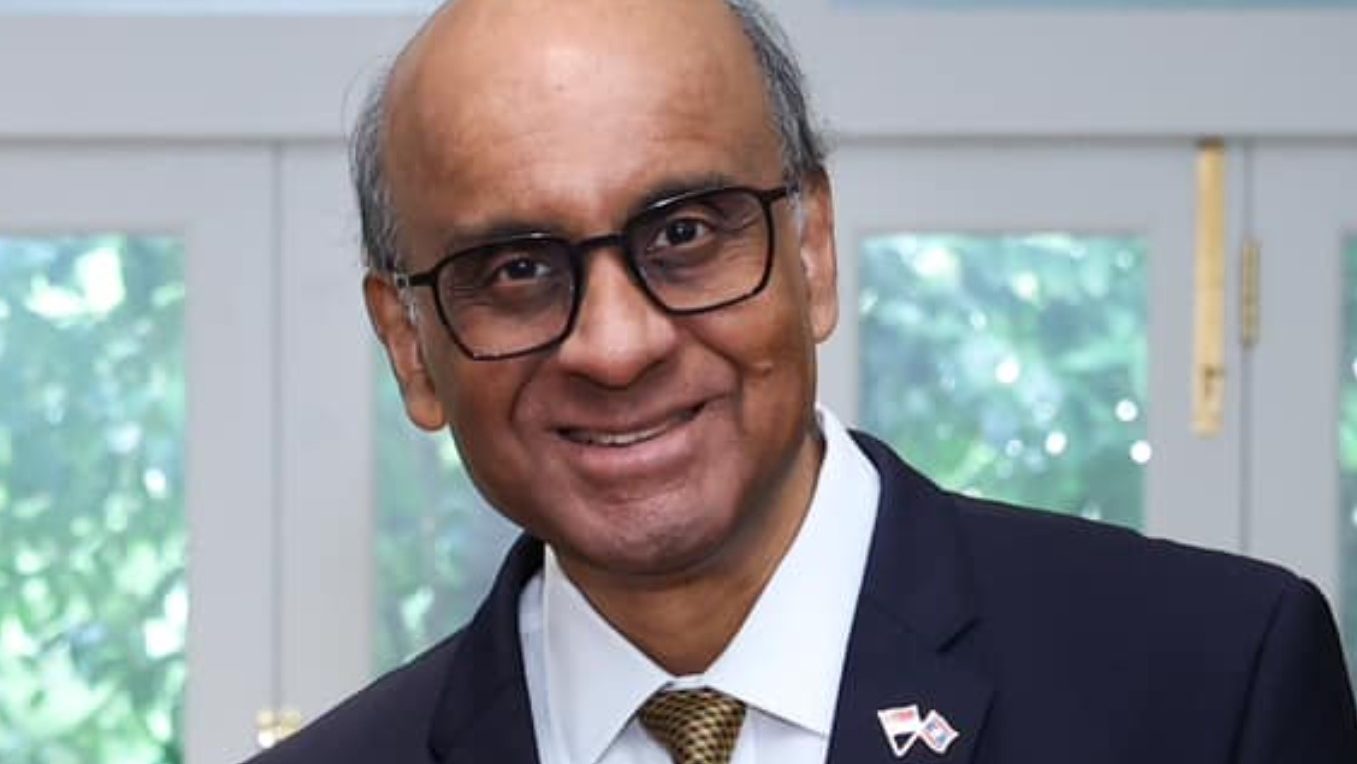SINGAPORE: President Tharman Shanmugaratnam has unveiled a refreshed approach to the President’s Challenge, signalling a strategic shift towards long-term funding to empower beneficiary organizations.
This new model will provide sustained financial support, allowing organizations to build capabilities and scale up their social innovations effectively rather than relying on short-term, one-off contributions.
In collaboration with philanthropists, the revamped campaign aims to secure multi-year funding commitments, ensuring a steady stream of resources for ongoing social initiatives.
The refreshed President’s Challenge will also expand its reach beyond traditional social causes, incorporating support for the arts and sports. Partnerships with schools through SportsSG, alongside additional backing for disability sports, reflect the campaign’s broader scope.
This evolution in approach comes amid a surge in social spending and donations across Singapore.
The Community Chest, which channels donations to social service agencies, has seen an increase in contributions, with social service causes continuing to receive the largest share of giving and volunteering.
Additionally, non-governmental platforms for social good are experiencing significant growth, further pointing to the rising public engagement in charitable causes.
The revamped President’s Challenge will also introduce new fellowship programs to develop young civic leaders, empowering the next generation to take an active role in shaping Singapore’s social landscape.
Another key focus will be recognizing individuals who seek second chances in life, acknowledging their efforts to contribute positively to society.
Launched in 2000, the President’s Challenge was designed to foster a cohesive society by supporting the disadvantaged. Over the years, its scope has expanded to address a wide array of social issues.
Recent themes have included promoting mental health, empowering people with disabilities, and providing care for caregivers. /TISG

